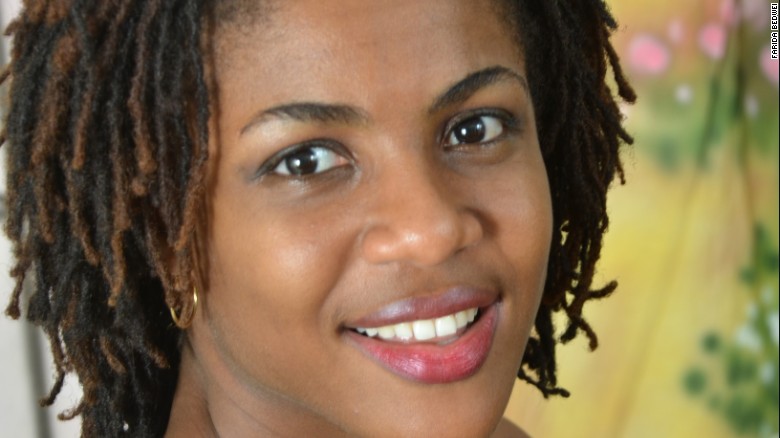Disability doesn’t mean disadvantage. And Farida Bedwei, a celebrated software engineer from Ghana, is proof of that.
Born in 1979, Bedwei was diagnosed with cerebral palsy at the age of one — cerebral palsy is an incurable neurological disorder that affects body movement and muscle coordination but does not interfere with the ability to learn.
Bedwei has steadfastly refused to let her disability affect her career trajectory. Today, as the co-founder and chief technical officer of software companyLogiciel, she is considered one of the most powerful women in financial technology on the continent — in 2013, South Africa’s CEO Magazine named Bedwei the most influential woman in business and government in Africa for the financial sector.
Here, Bedwei reveals how tech can transform lives and how she defied the odds to find success.
Create an education plan that works for you. Bedwei lived a nomadic childhood thanks to her father’s role at the United Nations Development Programme. As a result, the family resided in Dominica, Grenada and the United Kingdom before finally settling in Ghana when Bedwei was nine years old.
Bedwei was home schooled until the age of 12, and then continued her education at a government school where she was able to socialize with other children. Her family noticed her passion for computers, so it was decided for Bedwei to skip senior high school and enroll in a one-year computer course at the St. Michael information technology center. At 15 years old, she was one of the youngest in the class. A challenge, perhaps? But one she took in her stride.
“I’m sure most of my classmates were wondering what I was doing with them. And that it how I started my career as a software engineer because through that course I realized what aspect of IT I was going to specialize in. I loved the idea of solving problems and creating things,” she says.
Found your dream job? Fight for it. Following her graduation, the passionate programmer began looking for work and found her dream role at Soft, a premier software company in the region.
She recalls: “I went and saw the head of the technical division and I told him, I want a job here, I don’t have any experience, but I’m inspired to learn… If you give me the chance, I promise you that you’ll never regret it. So he said, ‘OK, fine… come and join.'”
“I was with them for nine years. For the first three years of my stay with them, I was actually going to school part time. I already had a diploma in Information Systems, but I wanted something else to add to it. I was doing a diploma in e-technology. That is the web industry… because I realized that was the way the industry was going. After that diploma, I wanted to get a degree because I had two diplomas and no degree… and in Ghana, a degree is what counts.”
Don’t be afraid to go it alone if you see a gap in the market. After completing a one-year degree at the University of Hertfordshire in England, Bedwei returned home with a degree in computer science and continued working for Rancard. In 2010, she joined G-Life Financial Services in 2010. The system the company adopted wasn’t efficient for micro-financing, so with Derrick Dankyi, a fellow colleague at the company, they started building their own cloud software platform called gKudi.
“It’s helping the micro-financing industry in this country,” she says. “It’s helping them make valid decisions on what to do, it’s helping them cut out fraud and it’s helping them give loans to people who need loans.”
Disability doesn’t need to stop you achieving success. Along with her business achievements, Bedwei prides herself on inspiring others through organizations like The Girls in ICT Committee — a group established to encourage more women to pursue IT careers.
She says: “I am a role model for a lot of children with disabilities so and it’s very important for me to showcase to the world that… Yes … You can have a disabled child and it’s not the end of the world. There is so much that that child can end up doing given the right resources.”
Source: CNN




